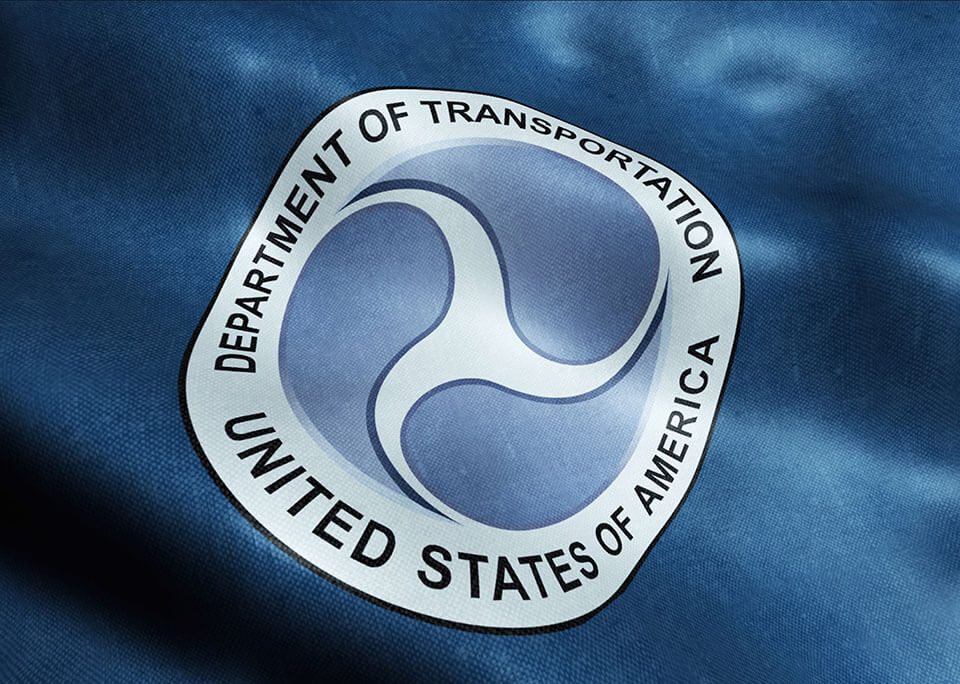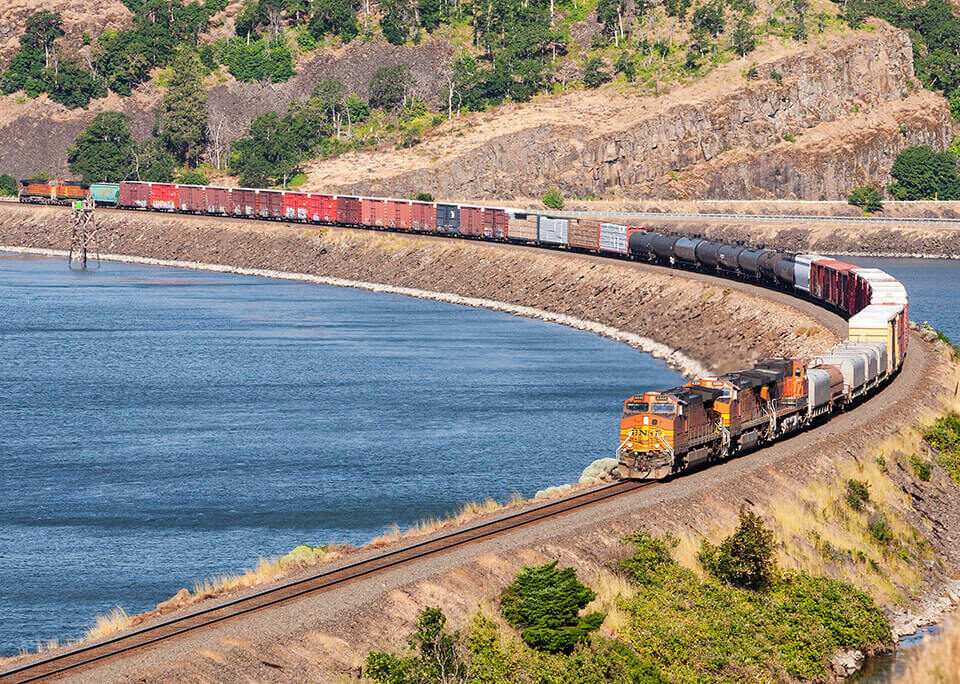Another step that needs to be taken before your trucks can start delivering cargo is obtaining permits. The problem with permits is that you often need several different ones for each state you plan to travel to. Some permits that you may need to acquire include the following.
Oversize Permits
If you carry oversized, overweight, or a wide load cargo, then you're going to need a special permit for carrying oversized cargo. If you're unsure if your truck qualifies, then here's what qualifies for each. An oversized truck, in terms of its height, is one that exceeds 13'6'' in Eastern states, 14'6'' in Nebraska and Colorado, 14' in Western states, 15' in Alaska, and 13'6' in Canadian provinces. It varies based on the kind of roads that they have and their building codes. Some states may not allow you to travel on certain roads with your oversized load. You're going to need a permit to ensure you're able to carry your cargo legally. Otherwise, you can expect to be stopped and investigated. An oversized width is considered to be a load that is 8'6'' in width. This is in both the states and in Canadian provinces. If you're curious about whether or not your cargo is overlength, then that number is attributed to cargo that exceeds 65' in length. Overweight is a common reason for trucking companies to need a permit. Your truck is considered to be overweight if it has 80,000 pounds of gross vehicle weight or if it has 34,000 pounds of tandem axle weight.
Superload Permits
While overweight, overlength, and oversize seem like they should cover most excessive loads, they don't. If you carry something that is even larger than the parameters above, then you have a superload. You'll need another kind of permit for these special types of loads. These loads are often industrial in nature. Some examples include large construction equipment, mining equipment, power-plant transformers, power generators, industrial-scale HVAC equipment, and wind turbines. A lot of planning goes into carrying these large cargo types. They're not always able to make certain turns or deal with a certain level of traffic. You may even find that you need several different types of permits just to carry one superload cargo type. While there isn't a standard for measuring what a superload exactly is, there are a few common factors. They include having a weight that exceeds 200,000 pounds, a height that exceeds 16', or a weight that exceeds 16'. In addition to a permit, you'll also need a few other factors to ensure the cargo can reach its destination safely. One of the common is an escort. You may need several escort vehicles to lead you safely through a few different states to your destination. A few surveys may need to be performed on bridges and route height capacities to ensure the cargo can make it across safely. Finally, you'll need to make sure that you have the right flagging.
Temporary Trip Permits
Having a temporary trip permit is ideal when you need to deliver cargo outside of your state without an IRP registration. Luckily, these types of permits are usually easy and quick to receive. This permit is necessary for those who are not registered with an International Registration Plan. Those who qualify are those who don't have a vehicle or truck that is IRP-registered and has over 26,000 pounds in weight. Those who have three axles also qualify. IRP is an agreement between 48 states in the United States. It also includes the District of Colombia and the Canadian provinces. In this agreement, you have to record the distance that you traveled in each state. Once you're done with your transport, you then pay the fees that you acquired during your transport. This is based on the distance traveled in each state. There are a few exemptions in which you will not need a temporary permit or IRP. These include vehicles that are government-owned, a recreational vehicle used for travel, a charter bus.




